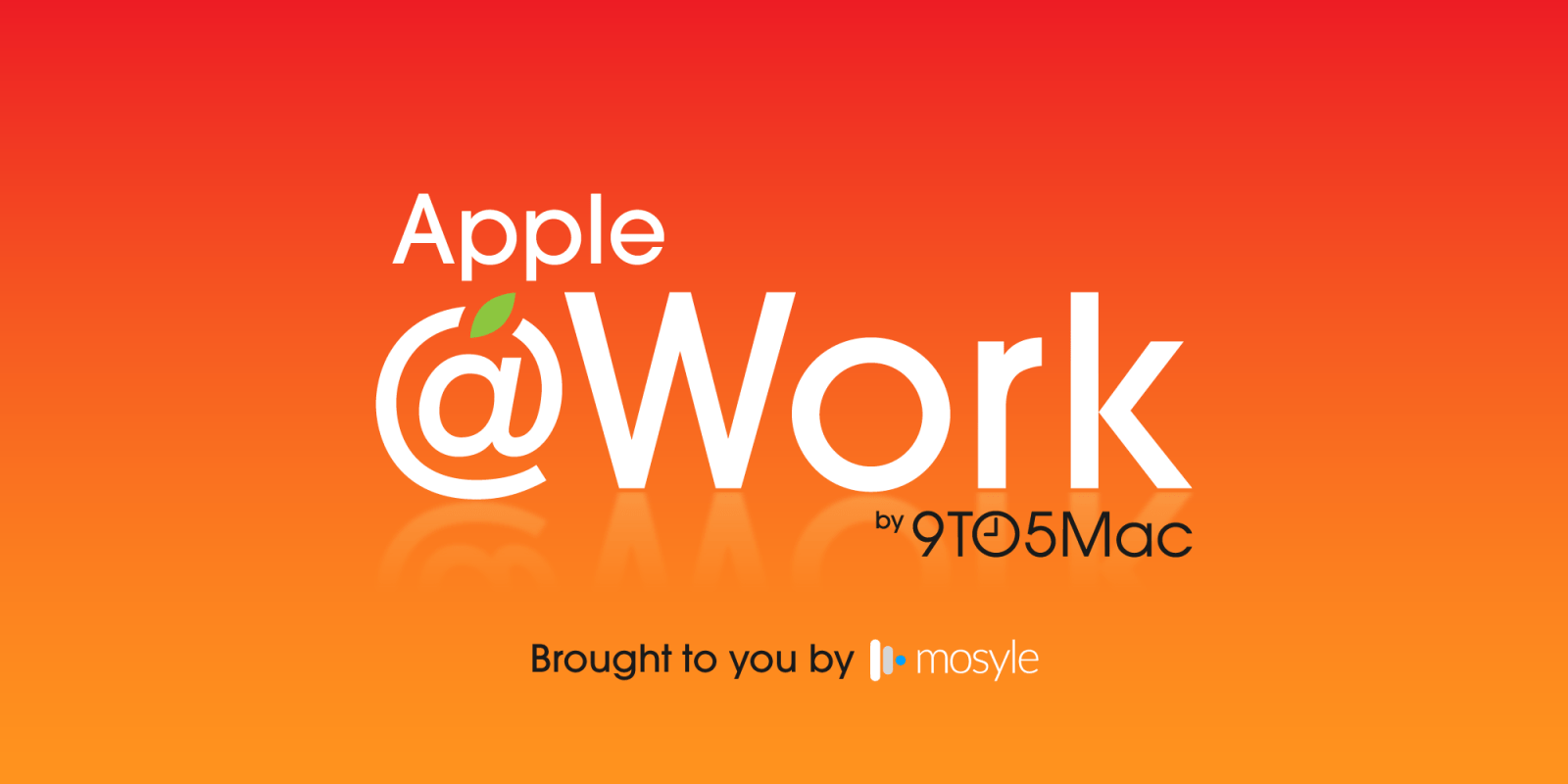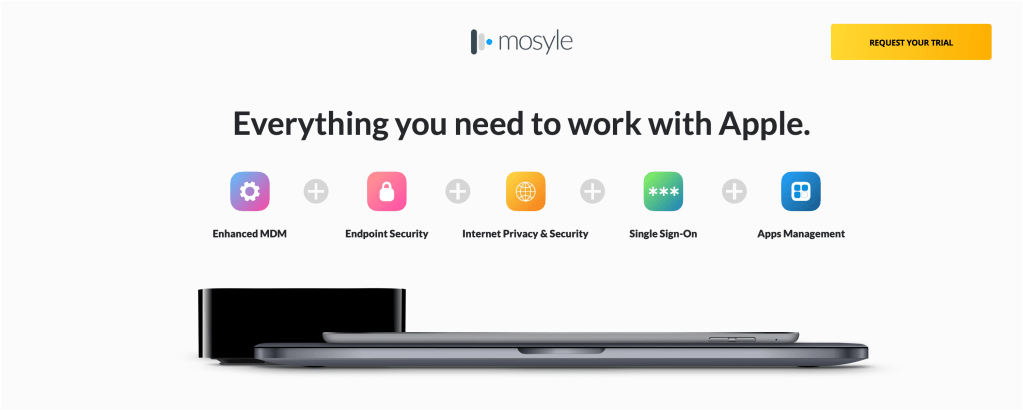
Apple @ Work is exclusively brought to you by Mosyle, the only Apple Unified Platform. Mosyle is the only solution that integrates in a single professional-grade platform all the solutions necessary to seamlessly and automatically deploy, manage & protect Apple devices at work. Over 45,000 organizations trust Mosyle to make millions of Apple devices work-ready with no effort and at an affordable cost. Request your EXTENDED TRIAL today and understand why Mosyle is everything you need to work with Apple.
A few weeks ago, an IT manager I know called me out of the blue to chat. Our conversation naturally led to the state of his Apple fleet, their management challenges, and what they were working on for the future. Outside of security challenges and concerns, he came back to an issue that I think many companies are dealing with: tool sprawl.
About Apple @ Work: Bradley Chambers managed an enterprise IT network from 2009 to 2021. Through his experience deploying and managing firewalls, switches, a mobile device management system, enterprise grade Wi-Fi, 1000s of Macs, and 1000s of iPads, Bradley will highlight ways in which Apple IT managers deploy Apple devices, build networks to support them, train users, stories from the trenches of IT management, and ways Apple could improve its products for IT departments.

Apple @ Work is exclusively brought to you by Mosyle, the only Apple Unified Platform. Mosyle is the only solution that integrates in a single professional-grade platform all the solutions necessary to seamlessly and automatically deploy, manage & protect Apple devices at work. Over 45,000 organizations trust Mosyle to make millions of Apple devices work-ready with no effort and at an affordable cost. Request your EXTENDED TRIAL today and understand why Mosyle is everything you need to work with Apple.
It happens slowly at a company. You get a tool to do one thing. It doesn’t do everything, so you get another tool to do something else. Another department then has yet another tool that works better for their use case. You multiply this out by the entire company. and boom, you have tool sprawl.
Tool sprawl is a problem for a handful of reasons. From a security perspective, it creates additional tools that have to be managed, monitored, and updated. It’s yet another attack vector for your organization. From a training point of view, ensuring that all employees are up to speed on maximizing the usage of dozens of tools that each serve a niche purpose is incredibly challenging. From a cost perspective, a company pays for subscriptions for tool after tool. Many of these tools are often expensed on a manager’s credit card, so it’s hard to uncover exactly what everyone is paying for.
Apple’s role
One of the things that Apple has done well here is bringing a lot to the table with the default macOS installation. Apple Reminders is a good enough task app for most people. Apple Notes is a good enough note-taking app for most people. iWork is a good enough collaboration suite if you aren’t using Google Workspace or Microsoft 365. Apple Mail and Apple Calendar are good enough for most people and work with all of the major providers without much fuss.
So, if Apple provides tools that are good enough out of the box, how do companies end up with tool sprawl? It’s because good enough isn’t always sufficient for many organizations. Instead of Apple Reminders, they end up using a team Trello account. Instead of FaceTime, they end up with Zoom. Instead of iWork, they use Microsoft 365. Even those tools don’t meet the needs of everyone in the organization, so departments end up using Google Workspace instead of Office. It happens gradually, then suddenly. With the advent of the App Store, it became even easier.
What’s the solution?
Companies are attempting to build a complete workspace that handles everything a company needs to run. Spike builds the key communication and collaboration tools into a single app. Pumble includes Clockify and Plaky. Atlassian is a key player in all things issue tracking, project management, and much more.
I think the key thing for companies to do is start with an audit. Audit every tool in your company. Look at every receipt to find rogue subscriptions. Start with the critical problem the tool is solving and find out if you have an existing tool that can solve that problem.
Ultimately, solving this problem is as much a people problem as a technology problem. It’s incredibly easy to sign up for a $99/month team subscription for a tool for your department. The solution is for the IT team to control and approve all software subscriptions. You must start with a tool justification, security review, and budget approval. It’s not about making IT the gatekeeper as much as it is about companies keeping track of what tools they’ve deployed.
FTC: We use income earning auto affiliate links. More.










